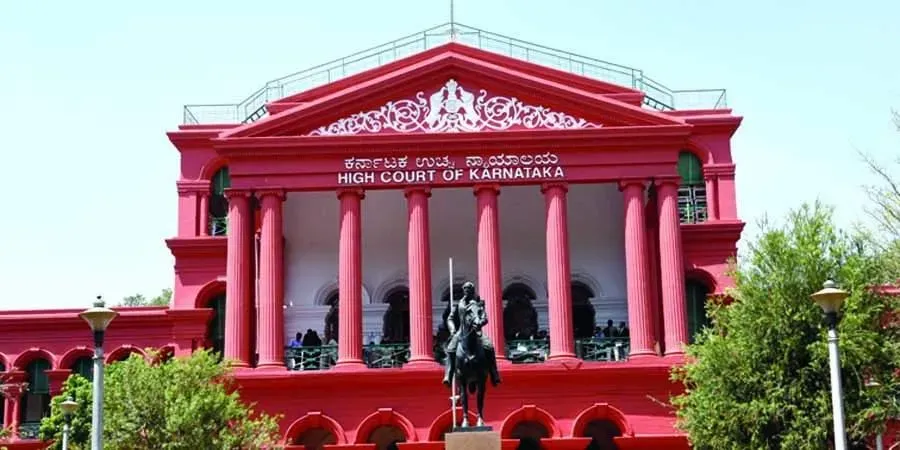Introduction
The Karnataka High Court recently upheld the disqualification of G Nagaraju, the Director of Janagere Primary Agricultural Credit Co-operative Society Ltd, due to his failure to repay loan dues in a timely manner. The case, adjudicated by Justice S. Sunil Dutt Yadav, highlighted the legal interpretations of Section 29-C of the Karnataka Co-operative Societies Act, 1959, which governs disqualifications for membership in cooperative society boards. The court's decision underscored the significance of compliance with financial obligations for elected representatives in cooperative societies.
Background of the Case
G Nagaraju was elected as a Director of the Janagere Primary Agricultural Credit Co-operative Society Ltd on February 16, 2020. A complaint was filed against him on May 19, 2020, by Ganga Rangaiah, alleging that Nagaraju was a defaulter for not clearing his loan dues as of the election date. Following this, the Assistant Registrar of Cooperative Societies issued show-cause notices to Nagaraju on July 17, 2020, July 28, 2020, and August 10, 2020. In response, Nagaraju stated on August 28, 2020, that he had cleared his dues, arguing that his disqualification was therefore unjustified.
Legal Arguments
The primary legal argument presented by Nagaraju was that the dues were cleared on June 1, 2020, after his election, making the disqualification process invalid. He contended that the power under Section 29-C of the Act could not be invoked for defaults incurred before the election, which should be addressed under Section 70 of the Act. The government, on the other hand, argued that the default continued until the dues were cleared post-election, thus validating the disqualification under Section 29-C.
Court’s Findings
Justice S. Sunil Dutt Yadav noted that the petitioner was in default from March 31, 2010, until the dues were paid on June 1, 2020. Section 29-C of the Karnataka Co-operative Societies Act disqualifies any person in default to the society or any other cooperative society as a borrower. The court emphasized that Nagaraju’s default extended from the date of his election until he repaid his dues, establishing a continuous cause of action for disqualification.
Detailed Analysis of Section 29-C
Section 29-C specifies that no person shall be eligible for election, appointment, or continuation as a board member of a cooperative society if they are in default to that society or any other cooperative society. The court interpreted this provision to mean that the disqualification persists as long as the default remains, regardless of the election timeline. The initiation of action for disqualification after the default was discovered did not negate the validity of the disqualification process.
Implications of the Judgment
The court’s decision has significant implications for cooperative society governance in Karnataka. It underscores the strict adherence required to financial obligations by elected representatives. The ruling clarifies that disqualification under Section 29-C can be invoked for defaults existing at the time of election and extending post-election until the dues are cleared. This interpretation ensures that individuals in positions of responsibility within cooperative societies maintain financial integrity and accountability.
Conclusion
The Karnataka High Court’s ruling in G Nagaraju's case reaffirms the legal principle that elected representatives in cooperative societies must comply with their financial obligations to avoid disqualification. The judgment highlights the rigorous standards set by Section 29-C of the Karnataka Co-operative Societies Act, ensuring that cooperative society members uphold financial discipline. This decision serves as a precedent for similar cases, emphasizing the judiciary’s role in maintaining the integrity of cooperative societies through strict enforcement of legal provisions.










0 Comments
Thank you for your response. It will help us to improve in the future.